Mozambique: 2024 election doubts, ensuing protests weigh on democracy rating - report
Mozambique: “Failures and persistent challenges” must not be marginalized
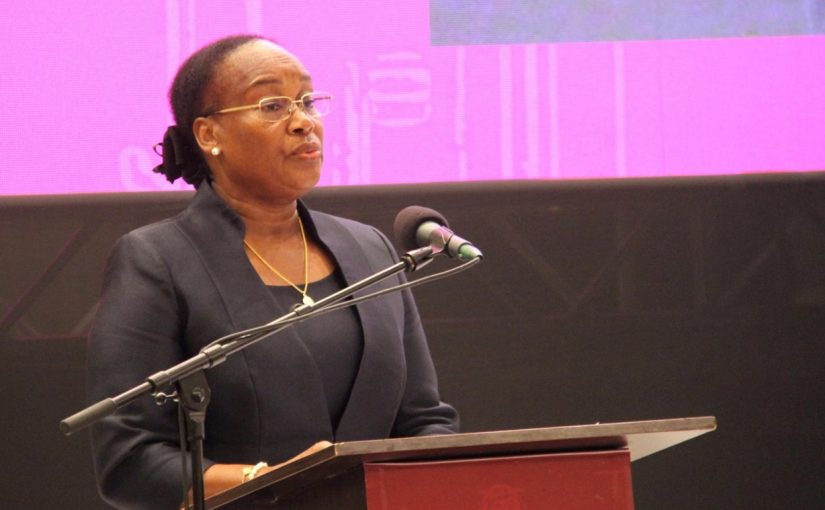
Photo: AIM
Lúcia Ribeiro, chairperson of the Constitutional Council, Mozambique’s highest body in matters of constitutional and electoral law, has called on the government not to marginalize the country’s “failures and persistent challenges” during the 50 years of the country’s independence.
According to Ribeiro, who was speaking on Monday in Maputo, at the opening of a seminar marking the 50th anniversary of the country’s first Constitution, adopted on 20 June 1975, the decades of independence have been marked by “historical wounds” and “latent tensions.”
“There is a tendency, at times of celebration, to prioritize the victories and achievements of the Mozambican people. However, this cannot mean marginalizing our failures and persistent challenges. We are marked by historical wounds, persistent inequalities and latent tensions”, she said.
According to Ribeiro the celebrations should serve as an opportunity to strengthen national unity in the light of the Constitution.
Mozambique’s first Constitution was approved by the Central Committee of the ruling Mozambique Liberation Front (Frelimo) on 20 June 1975 and came into force five days later, on the day of the declaration of independence from Portuguese colonial rule. Since then, it has undergone major revisions, particularly in 1990 when the one party state was abolished, and political pluralism was introduced.
Ribeiro believes that the calls for national unity are not enough, “we must be aware that, in our context of great social, ethnic, linguistic, cultural, religious and political diversity, this unity is a construction and that the Constitution is its foundation, guaranteeing human dignity and the construction of a freer society”, she said.
A second Constitutional Council judge, Albano Macie, made the extraordinary claim that, after the contested results of the October general elections, there were no demonstrations but just “a failed insurrection”. This is the first time such a claim has been made. Although President Daniel Chapo, and other government figures, have described the post-election unrest as illegal, until now they have not claimed there was any insurrectionary intent.
Macie claimed that the only reason the alleged insurrection failed was that it had no support from the armed forces. He said that all the defence and security forces lined up in defence of the constitutionally established order.
Calling the post-election events “demonstrations” was the wrong term, he said: instead, they constituted an “insurrection” intended to seize power by force.
He failed to mention that the violence arose from the strong evidence of fraud in the elections, and that it could have been avoided if the Constitutional Council had called for a recount of the votes.


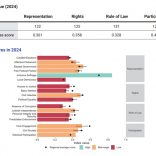
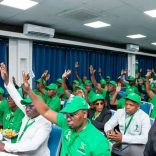
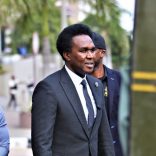
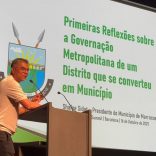






Leave a Reply
Be the First to Comment!
You must be logged in to post a comment.
You must be logged in to post a comment.